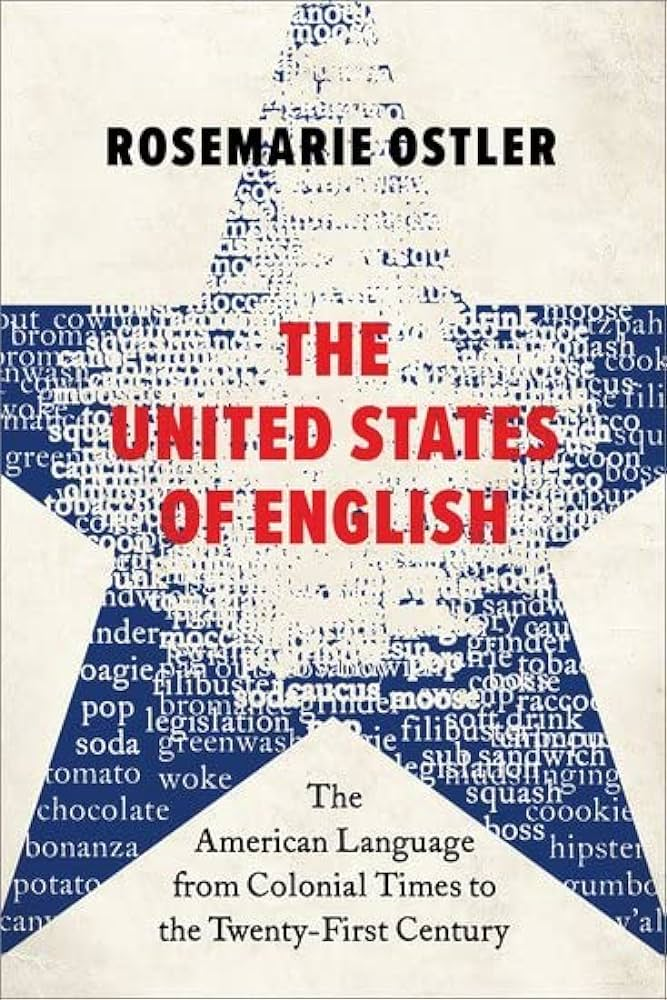Much of the landscape of North America was new to the English, so many early word inventions applied to the natural world. Often these simply combined a noun with an adjective: backcountry, backwoods (and backwoodsman), back settlement, pine barrens, canebrake, salt lick, foothill, underbrush, bottomland, cold snap. Plants and animals were similarly named, for instance, fox grape, live oak, bluegrass, timothy grass, bullfrog, catfish, copperhead, lightning bug, garter snake, and katydid (a grasshopper named for the sound it makes). All were part of the vocabulary by the mid-eighteenth century. Other descriptive landscape names included clearing, rapids, and bluff.
Bluff has the distinction of being the first word with a changed meaning to be noticed and criticized by a visiting Englishman. Writing about Savannah, he reported, “It stands upon the flat of a hill; the bank of the river (which they in barbarous English call a bluff) is steep and about forty-five feet perpendicular.” A bluff in England denoted a high but rounded shoreline, while in America it was used to describe steep cliffs.
Americans repurposed other English words as well. For example, bug, which meant a bedbug in England, broadened to cover any insect, and sick, which referred specifically to a digestive upset, became a general term for any illness. What the British called timber, Americans called lumber. (In England, lumber is old, discarded furniture and other items of the sort usually found in attics.) Americans called a shop a store, as in grocery store (perhaps from an archaic use of store to mean an abundant supply) and said fall for autumn. Fall was short for fall of leaf, once a common phrase in England, but becoming obsolete by the eighteenth century. Americans also said mad for angry, another English usage that died out in the old country.
The expression I guess, meaning that one supposes or agrees, is often used to stereotype Americans in British books and movies, but it was current in England during the seventeenth century, and was no doubt imported by the first North American settlers. Later, that usage went obsolete in England but remained popular in America. An early in-print example comes from the Massachusetts Spy newspaper for February 2, 1798, “I guess my husband won’t object to my taking one if they are good and cheap.” During the nineteenth century, it was a regionalism specific to New England, although it later became common everywhere. To quote the Massachusetts Spy again, for November 8, 1815, “You may hear [a Southerner] say ‘I count’—‘I reckon’—‘I calculate’; but you would as soon hear him blaspheme as guess.”
